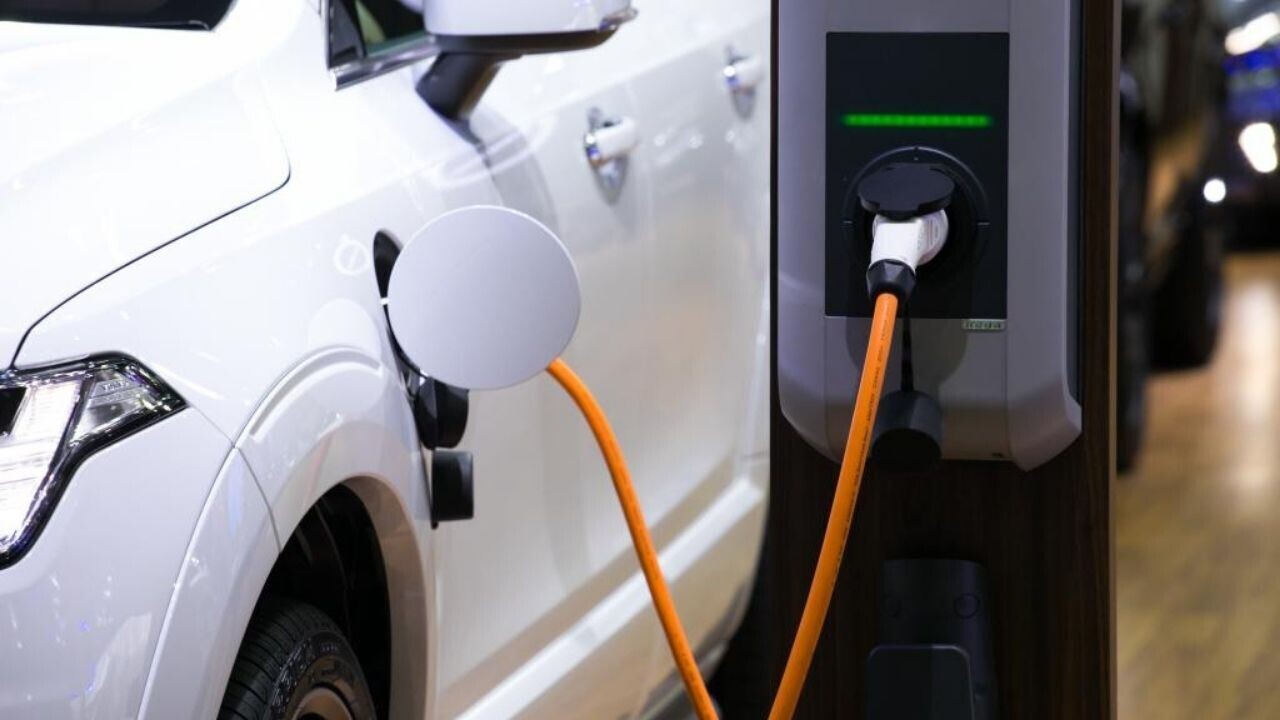A small Dutch company, E-magy, that specializes in designing and manufacturing porous silicon technologies is now working on creating a new silicon-based lithium-ion battery that would increase EV range, Trouw reports.
As per Casper Peeters, the co-founder of E-magy, silicon-based lithium batteries live longer than their graphite-based alternatives. Silicon batteries have between 40 and 70% more capacity, he explained. This means that large EVs could have an 800km range, and the smaller electric vehicles just under 500km.
On the downside, silicon is more expensive than graphite, but it offers one more significant advantage: silicon batteries can be smaller than conventional batteries. That way they can reduce the overall weight of the vehicle, which is one of the biggest issues EV carmakers are still trying to solve.

The company has already run the first production tests, and with the small machine they’re currently using it’d be theoretically possible to produce 25 tons of silicon plates, which could be used for 4,000 electric car batteries.
Peeters says that they plan to build a factory in the Netherlands by 2023, with a machine capable of producing 3,000 tons of silicon plates, enough to supply batteries for 500,000 cars.
If the design is successful, E-magy will use its new tech not only for EV batteries, but also for electric bikes, laptops, and other devices.
Living in the Netherlands myself, I am very excited to see how many projects are happening to promote green mobility tech. To name just a recent example, the city of Utrecht plans to host the world’s first vehicle-to-grid charging network.
Do EVs excite your electrons? Do ebikes get your wheels spinning? Do self-driving cars get you all charged up?
Then you need the weekly SHIFT newsletter in your life. Click here to sign up.
Get the TNW newsletter
Get the most important tech news in your inbox each week.





